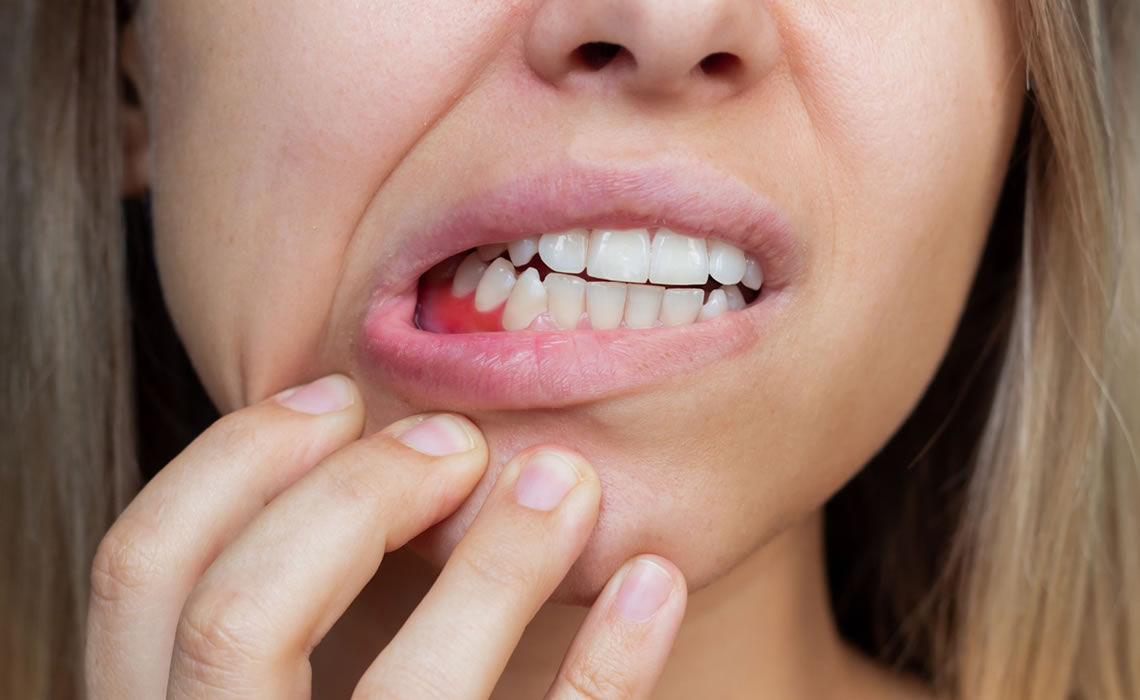
Gum bleeding is generally considered an indicator of unhealthy gums, signaling potential serious dental and gum issues. In this article, you will find detailed information on the causes, symptoms, and effective treatment methods for gum bleeding.
Causes of Gum Bleeding
- Brushing Techniques: Incorrect brushing techniques can damage the gums and lead to bleeding.
- Lack of Flossing: Not using dental floss can trigger gum bleeding by allowing plaque and tartar buildup between teeth.
- Gingivitis: Gingivitis, an inflammation of the gums, can cause swelling and bleeding.
- Formation of Gum Pockets: Gum pockets can lead to bacterial accumulation and gum bleeding.
- Hormonal Changes: Hormonal changes such as pregnancy or menopause can increase gum sensitivity.
- Dental Prosthetics: Poorly fitted or incorrectly used dental prosthetics can cause gum bleeding.
Symptoms of Gum Bleeding
- Bleeding During Brushing or Flossing: The most noticeable symptom is bleeding during brushing or flossing.
- Swelling of Gums: Swelling of the gums can indicate inflammation.
- Change in Gum Color: Healthy gums are pink, but they may appear red or purple with gum issues.
- Bad Breath: Gum problems can lead to bad breath.
- Tooth Sensitivity: Gum recession and bleeding can cause tooth sensitivity.
Treatment Methods for Gum Bleeding
- Proper Brushing and Flossing: Correct brushing techniques and regular flossing can improve gum health.
- Dental Check-ups: Regular dental check-ups allow early detection of gum problems.
- Professional Dental Cleaning: Professional dental cleaning by a dentist can reduce gum bleeding by removing plaque and tartar.
- Antibacterial Mouthwashes: Antibacterial mouthwashes used to support gum health can reduce bacterial buildup.
- Cleaning of Gum Pockets: If gum pockets have formed, it is important for a dentist to clean and care for them.
- Gingivoplasty and Gingivectomy Surgery: If excess gum tissue is causing the bleeding, surgical procedures like gingivoplasty or gingivectomy may be considered.
Conclusion
Gum bleeding can be a sign of serious dental and gum issues. Early detection and the application of appropriate treatment methods can help maintain gum health and prevent gum bleeding. Regular dental check-ups and proper oral hygiene habits are crucial for healthy gums.
Contact Us



















